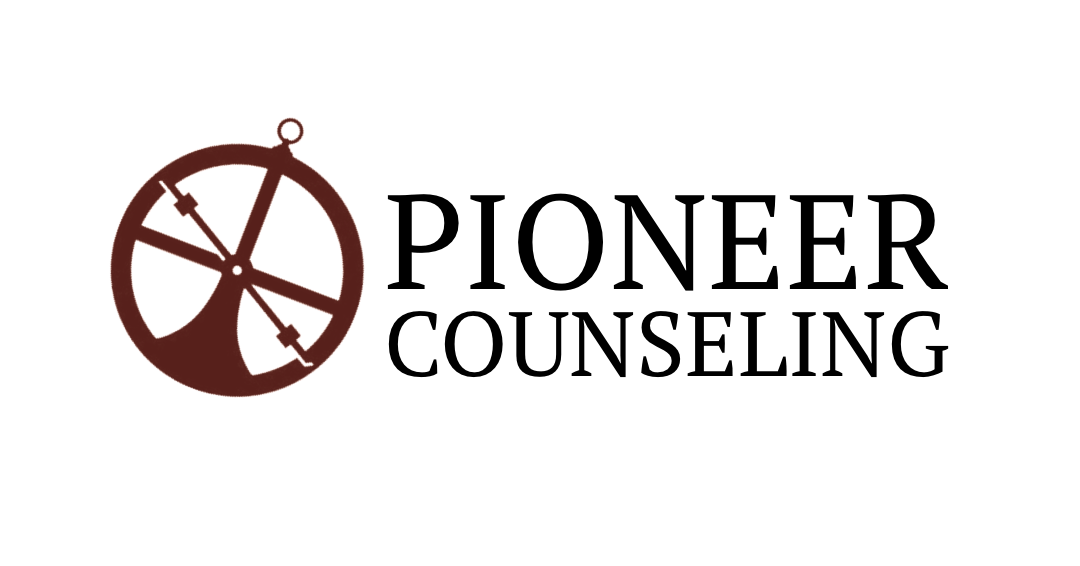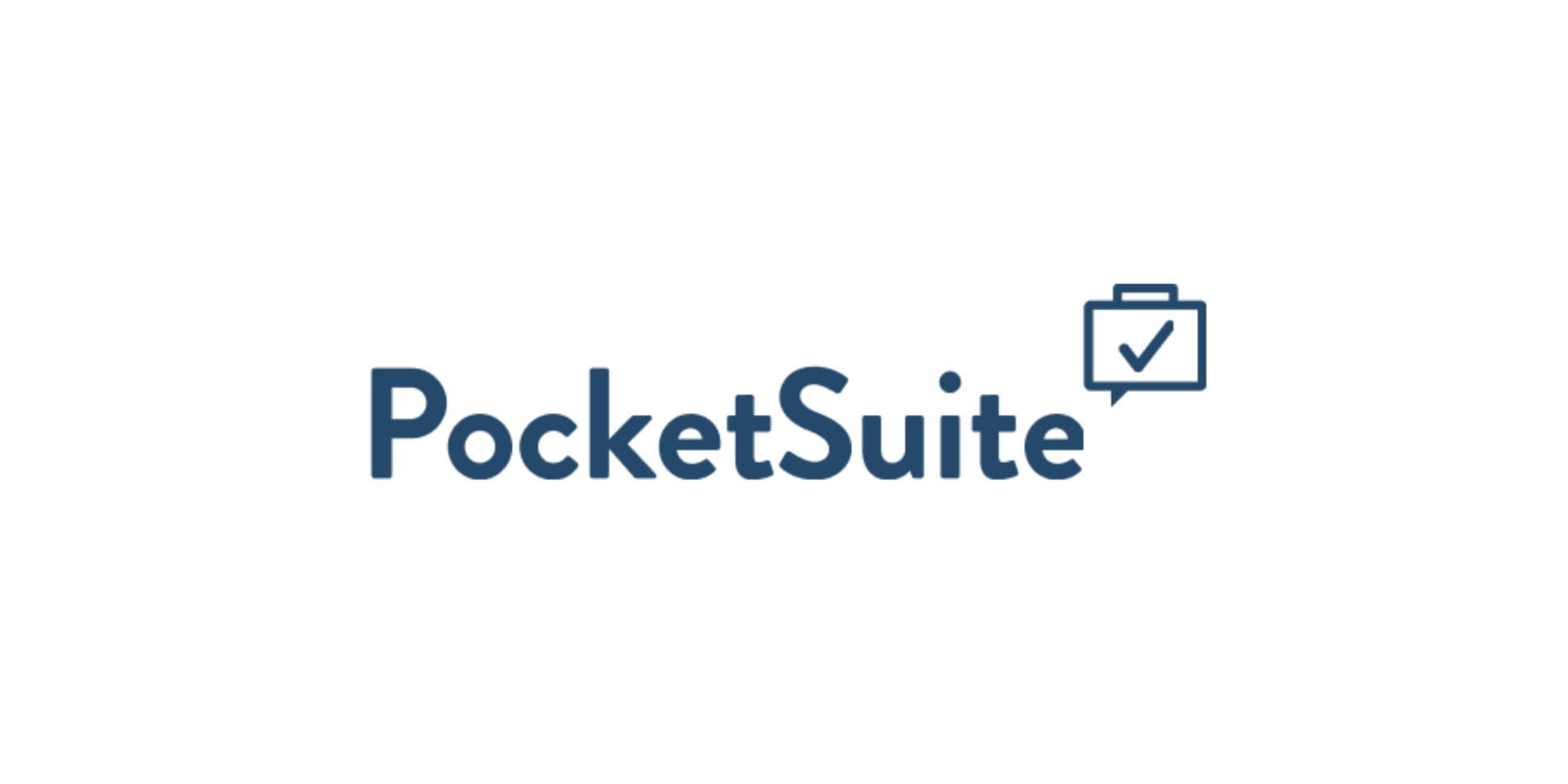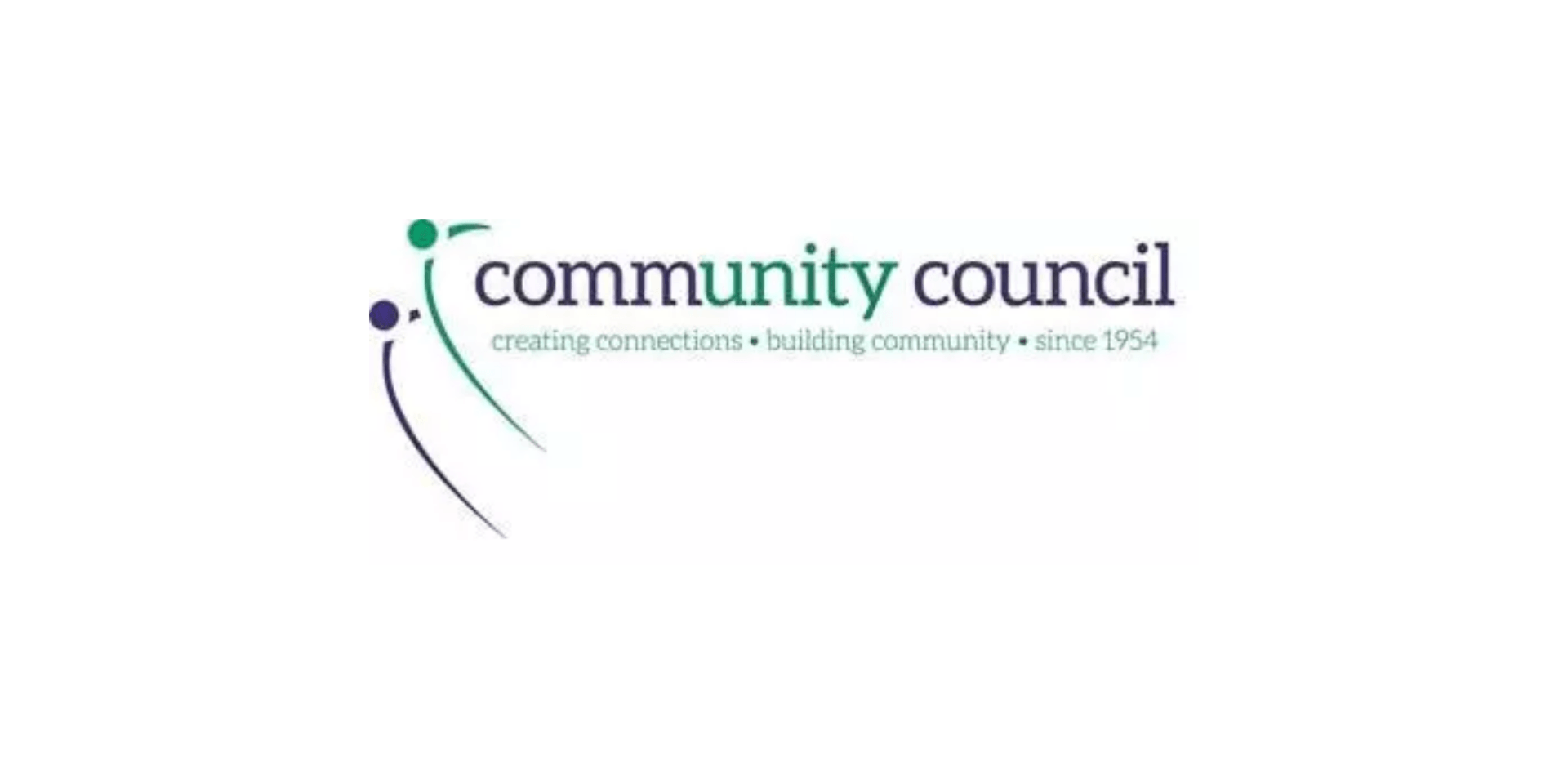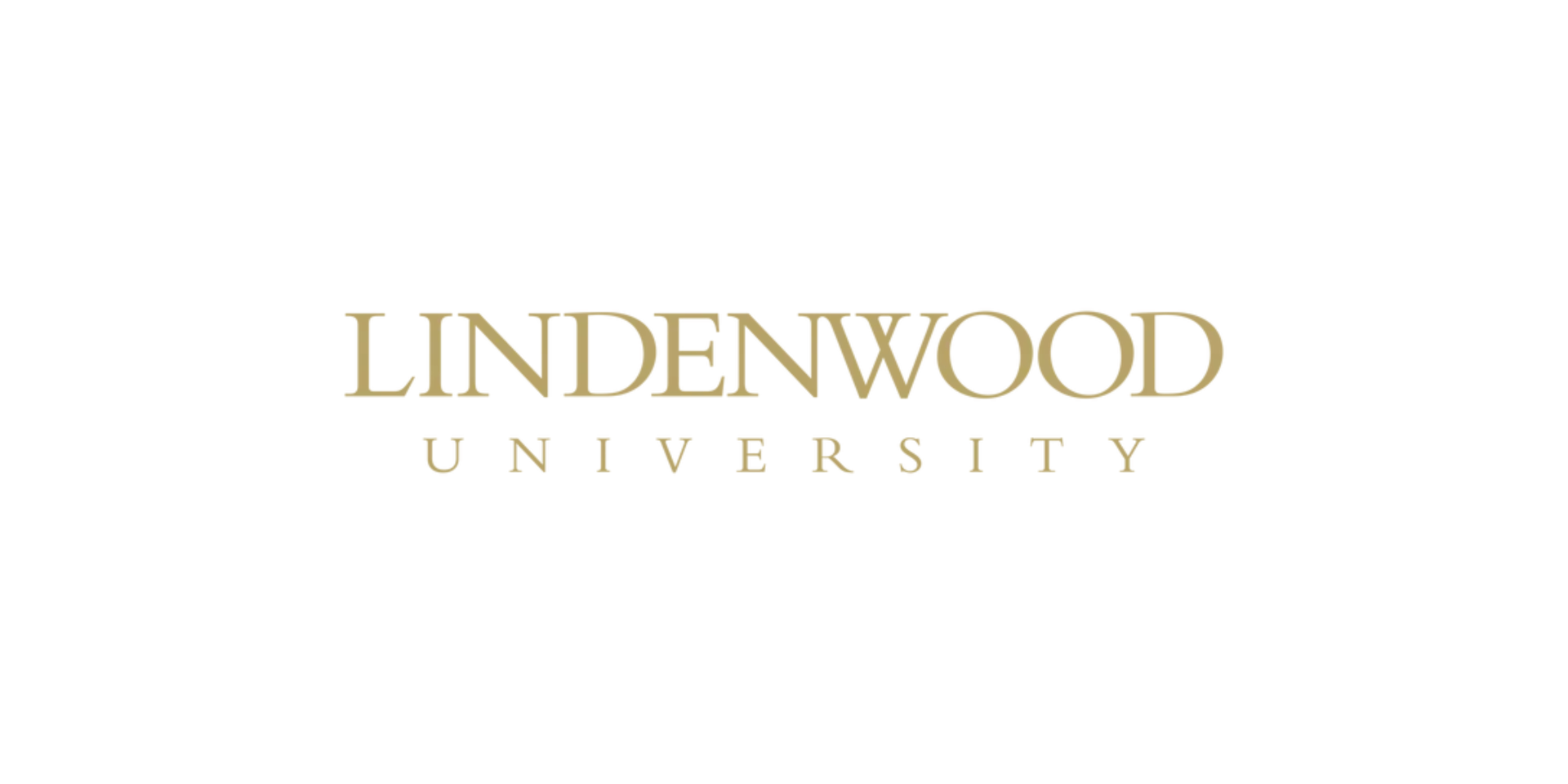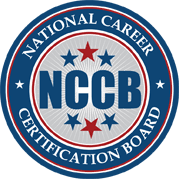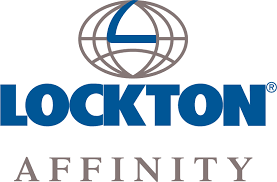Holistic Tx
7 Rules of Thumb
The concept of holistic treatment in regards to mental health is not new. I would venture to say that from the first dialogues between Freud and Jung there has been a force pushing the counseling world further toward client centered therapy. However, it seems historically, and currently, this endeavor continues to present ever changing challenges.
When I define "Holistic" in this article, I am not honing in on fringe elements of unsupervised care with herbs and such. Rather I am wandering on the edges of "Whole Person" treatment, attempting to better define the modern day cliff of what it means to be client centered.
I have had the privilege of working with a variety of mental health organizations, as well as organizations who deeply value mental health. Through these experiences, I've picked up general rules of thumb when attempting to offer holistic treatment, and its challenges.
General Rules of Thumb
1) When offering a holistic (client-centered / all encompassing) approach, look at all the basic domains of life, and then filter down. You may begin by assessing the needs of the individual, focusing on the cognitive, emotional, and behavioral goals the client desires to work on (these are usually preferred by insurances). This doesn't mean to skip over other domains, ie; physical, biological, spiritual, chemical, etc.
For the three most basic domains, take this into consideration:
Cognitive - The clients way of thinking- assess for cognitive deficits, or lies one tends to tell themselves.
Emotional - The existence or lack of stability, balance, emotive verbalization, definition, exploration within the client.
Behavioral - How the client wishes to decrease maleficent behavior, while increasing beneficial behavior.
2) Include family if appropriate- if the client desires, or your practice offers, all encompassing care such as family therapy.
3) Screen for suicide, homicide, ideation, and other risks. Look for significant changes since last session. Complete mini MSE's (mental status exams) in your head, watching for mood/affect etc.
4) Does the client require psycho-education- most of the time clients do. Are you trained to give it?
5) Does the client require coaching? What does that mean? Well, perhaps meeting with the client once per week for therapy is working well, but the client desires daily maintenance, motivation, dialogue. That is where a life coach can be handy.
6) Does the client require a chemical balancing. So medication? Have they seen a psychiatrist, a physician? Have they completed blood work?
7) Is your treatment measurable? Here's how you can make objectives measurable, have a baseline and add numbers. It's that simple! You can use a likert scale, assign completion of lists, have client complete an assessment or quiz to measure comprehension or progress.
The Problem
Often with most counseling practices and facilities the focus has fallen predominately on insurance companies. The means in which services can be financed and placed as a layer of accountability has turned into the service itself. Which honestly is somewhat worrisome.
Therapist do their best to find a balance and ultimately make the session feel less "insurance requirement" driven and more client focused.
Steps in this balance have included utilizing collaborative documentation, which helps. If you are not sure what collaborative documentation is, check out this link! I wonder though if it is a band-aid on something much more deeply impacting?
Other therapists have ditched accepting insurances altogether and offer sliding fee scales. This has helped as well, but it doesn't completely rid a therapist of accountability. Which is good. All therapist are held accountable by the ACA (American counseling association) and are ethically held accountable by the state itself as an LPC. This accountability also requires certain degrees of time consuming paperwork!
Is there a way to decrease the effect of paperwork on treatment and treatment planning?
I think so! I have an idea, and it may be frowned upon, so good thing it's just an idea.
The future & meaning of holistic
Life doesn't exist within an office, and neither should therapy.Life exists at home, it exists around food, it exits in transit, at events, schools, around moments of inspiration and possibly even chaos!
Education at one point was conducted while walking alongside philosophers, discussing subjective realities and supposed universal laws of man and universe.
Preachers once titled their mode of spreading the gospel as open air preaching, conducted outdoors to the masses with an event feel.
Tribes would have an elder that young men and women would seek out for guidance. They existed in the same village. With a collectivist mentality that truly believed the motto "It takes a village."
So what is my idea?
Rather than a planned treatment , perhaps we have treatment start out generic, and is then developed both In-Vivo (in the moment, in life, in their life) and documented by the client in a therapy journal (whether digital or print). This journal is read during session and shared with the therapist.
And where would the session be might you ask? Everywhere! Anywhere! It can be mobile, stationary, in home, school, online, offline, etc.
It is a complete client centered and client focused approach which can include everything needed within it, worked on by both parties at any point, and frees up the client and therapist to go about sessions in the most natural of ways rather than having to focus on heavily structured processes.
What do you think? Is this crazy? Is it sketchy? Is it manageable? Effective? What about your ideas? What has worked for you?
Geries Shaheen is a Provisionally Licensed Professional Counselor operating in and around St. Louis Missouri. Geries teaches psych classes as an Adjunct at Saint Louis Christian College and offers Adolescent/ Family Therapy through Preferred Family Healthcare . Geries holds his BA in Intercultural Studies from Lincoln Christian University, and his MA in Professional Counseling from Lindenwood University. Holding a certificate in Life Coaching, Geries provides life coaching services to clients online throughout the nation.
Pioneer Counseling Blog


